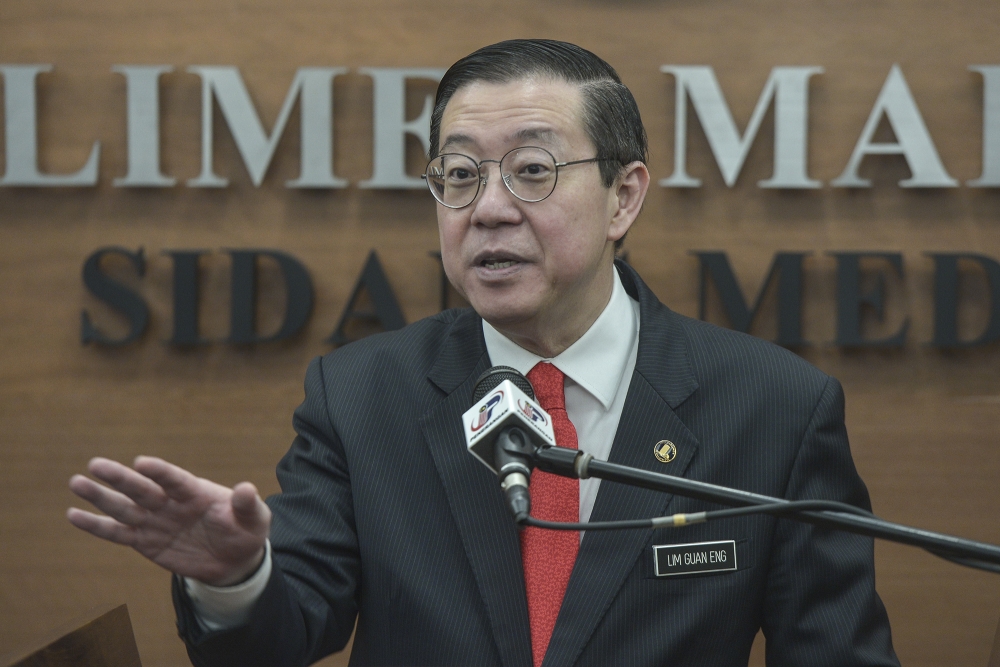KUALA LUMPUR, Jan 7 — The principal of SMK Bandar Puchong 1 was said to have promised to take down all the Chinese New Year decoration at the school, following complaints from Muslim parents and a threat from Parti Bumiputera Perkasa Malaysia (PUTRA).
PUTRA’s vice-president and lawyer Mohd Khairul Azam Abdul Aziz said he received a reply from Rohani Mohd Noor through an email, in which the principal said she was not consulted before the decoration were put up — despite being the principal herself.
He said she told him the parties responsible have been informed, and promised to take down the decoration.
“With regards to the excessive decorations for Chinese New Year involving SMK Bandar Puchong 1 yesterday, the matter is now settled,” said Mohd Khairul said on his Twitter account.
“The school’s principal has given us her explanation today, and we were made to understand that little by little the decorations will be taken down,” he added, while sharing a snapshot of the supposed email.
Malay Mail has yet to verify the authenticity of the reply, as the principal cannot be reached at the time of writing.
Berkaitan teguran PUTRA terhadap perhiasan keterlaluan sambutan Tahun Baru Cina di SMK Pusat Bandar Puchong 1 semalam, isu itu telah selesai.
— BuzzeAzam (@suakeris) January 7, 2020
Pengetua Sekolah telah memberikan penjelasan dan hari ini di fahamkan sedikit demi sedikit perhiasan itu telah di turun kan. pic.twitter.com/TlGcxCOEQp
Yesterday, Mohd Khairul demanded the school remove all the decorations and accused the decoration of being “unconstitutional” and claimed that Muslim parents had complained against what they saw as an attempt to propagate a non-Islam religion to students.
He gave the school three days to remove all the decorations or he would report them to the authorities.
Despite his and the purported parents’ claim, the Chinese New Year is not a religious celebration, and is also celebrated by Muslims in the Chinese community. Nor did the decorations contain any religious elements.
Malay Mail is seeking comments from the school, Puchong MP Gobind Singh Deo, and deputy education minister Teo Nie Ching over the threat.
Most recently, the lawyer had challenged the constitutionality of vernacular schools in the country.
Last month, he had again filed a lawsuit to seek declarations from the High Court that Section 28 and Section 17 of the Education Act are inconsistent with Article 152 of the Federal Constitution.
His first attempt to do so failed; the Federal Court ruled last month that such challenges to the existence of vernacular schools must first be made in the High Court.


















